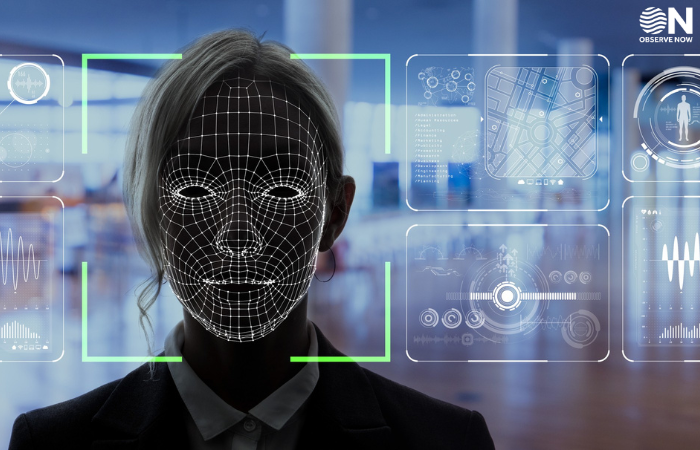AI Facial Recognition in Karnataka Schools Sparks Privacy Alarm

Karnataka’s plan to deploy AI-powered facial recognition systems (FRS) in schools for student attendance has sparked a sharp debate over privacy, safety, and ethics. Introduced under the Students Achievement Tracking System, the initiative aims to automate attendance and generate reliable data for policymaking. The government argues this will reduce teachers’ administrative load and improve monitoring of student performance. However, child rights activists, academics, and technology experts warn that it could transform classrooms into surveillance zones and endanger children’s rights.
The core concern lies in the use of biometric data. Unlike passwords or ID cards, facial scans are permanent and irreplaceable if compromised. Storing such sensitive data in centralized systems could make schools prime targets for hackers, raising risks of identity theft, misuse, and unauthorized surveillance. Critics also highlight the absence of strong legal safeguards in India, noting that while the Digital Personal Data Protection Act addresses data security, enforcement mechanisms remain limited, especially regarding minors.
Beyond security, experts caution that normalizing surveillance in educational spaces could have lasting psychological effects. Children constantly monitored by cameras may grow up viewing surveillance as normal, eroding their sense of privacy and autonomy. Educational institutions, they argue, should promote critical thinking and self-expression—not condition students to accept intrusive oversight.
There are also practical issues. Studies show that facial recognition often struggles with accuracy, particularly for women, children, and marginalized groups. Errors in attendance tracking could unfairly penalize students and create administrative complications instead of efficiency. Questions about consent add to the controversy, as minors cannot provide valid legal consent and parental approval may not suffice.
Globally, several countries have restricted or banned the use of FRS in schools. Cases in Sweden and the UK have underscored the disproportionate impact of such technologies on children. Activists suggest Karnataka explore less intrusive alternatives, such as Aadhaar-enabled digital IDs or secure school-based attendance platforms.
At its heart, the debate is not about rejecting technology but ensuring it does not override children’s fundamental rights. Karnataka now faces a crucial test: whether to prioritize digitization or safeguard the privacy and dignity of its students.
















